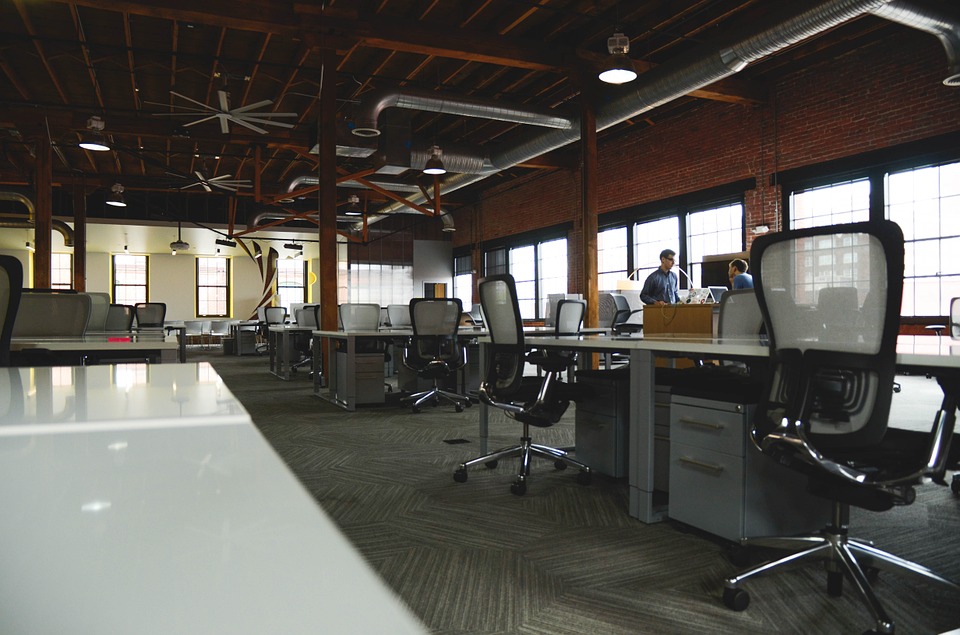Work accidents can be exceptionally expensive for businesses. Unfortunately, you can’t insure against everything. Putting good controls in place is absolutely crucial for minimising the amount of workplace accidents your company faces. Even the smallest injury can cost a business a lot of money. Imagine how a serious accident would affect your reputation. Would you be able to cope with the financial ramifications?
Your Insurance Policy
Insurance policies usually only cover the most serious situations. Insurance usually covers injury, poor health, and damage. What it doesn’t cover is lost time, extra wages or overtime payments, sick pay, production delays, fines, legal costs, loss of contracts, clearing the site, investigation time, loss of reputation, and damaged equipment. Check what’s available to you.
Perhaps even worse is that your insurance premiums will increase. In serious situations, you may even have your cover refused.
How to Reduce Costs
Always keep a weather eye on any potential dangers. Know who could be harmed by an accident and try to put as many safeguards in place to prevent this from happening. But be methodical about it. Record what you’ve done, as you go along, so you have evidence of your health and safety actions.
For example, get rid of any office furniture that could potentially cause a hazard. Desks, chairs, bins, wires - anything that isn’t in use and could cause harm to workers. But remember, don’t remove these things yourself as you could then be causing yourself harm as well as a tripping hazard. Contact a rubbish collection team that specialises in office clearances. They will be insured and licensed to carry out the lifting and loading. See more information.
It’s often a good idea to talk to your employees and ascertain what they consider to be a threat to their health. Members of staff can even propose solutions to these problems.
Also, talk to your insurance company, as they will help you cover all the bases. Think of any money you have to spend as an investment against personal injury claims for an accident at work solicitor for example.
Where Should You Get Advice?
The Health and Safety Executive’s (HSE) ‘Essential of Health and Safety at Work’ is a great booklet to begin with. It’ll help you get on the right side of the law and is packed with good advice.
Formalise Your Findings
It’s important that you create a document that lies out your health and safety policy in the workplace. This should be easy for all employees to access. Assign someone in the company as ‘head of safety’ – it will be their job to make sure that everyone abides by the health and safety rules. Meet regularly with this employee to discuss which problems are arising and how to prevent them in the future.
You need to champion health and safety in the office. Make it a top priority. Check high-risk areas to make sure that workers are abiding by the regulations and talk to any members of staff that aren’t behaving in a safe manner.
Train your employees to protect them from harmful situations. This training will vary, depending on your business for example warehouse training will require a lot of time and effort. Train multiple employees in first aid and always have a first aid kit nearby, for emergency situations.
Always make sure the exits and entrances aren’t obstructed – this could potentially be a life or death matter.


0 Comment